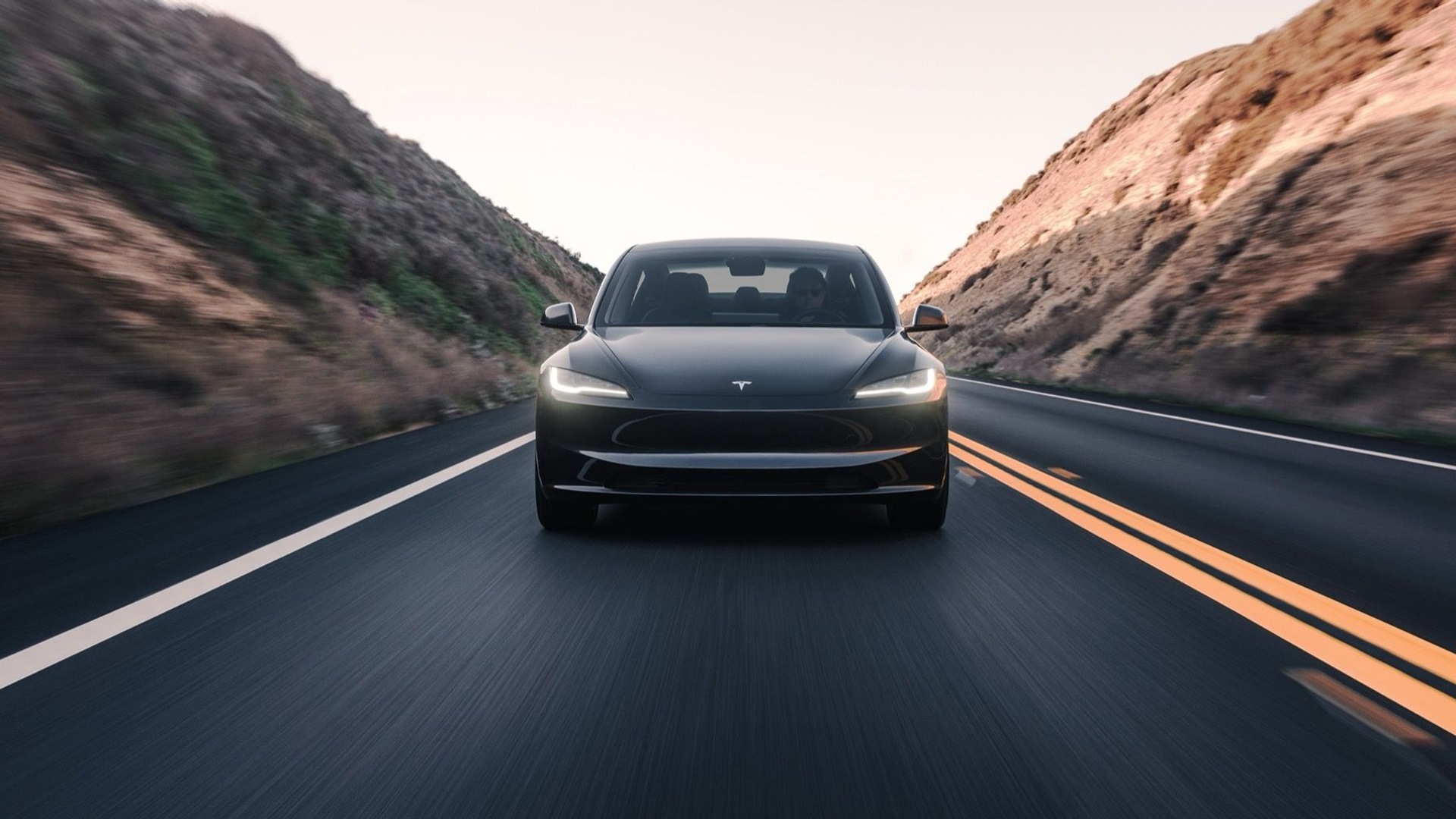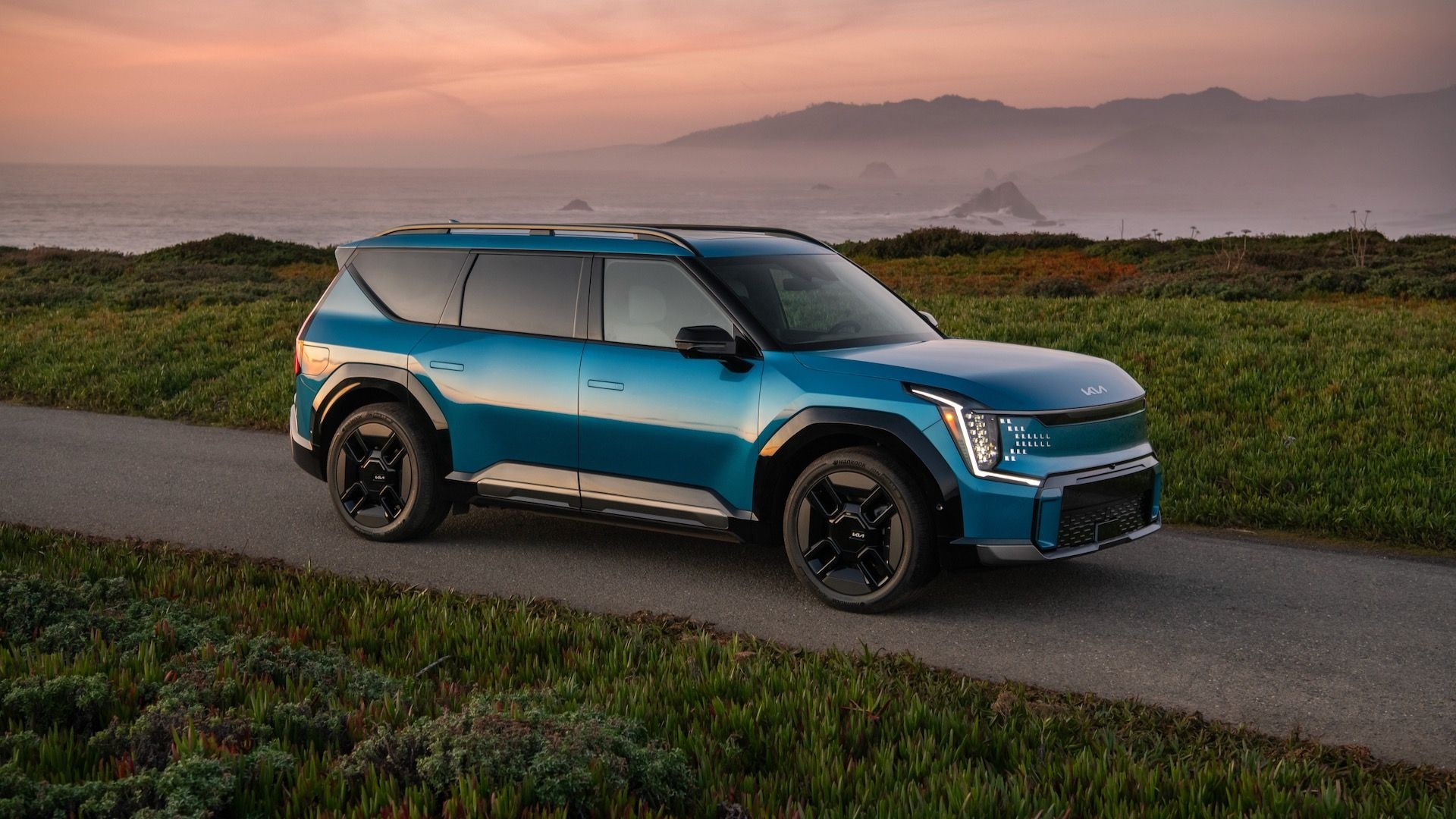Tesla has about 18 months to maintain its spot of number-one EV maker in the world. And then other automakers—especially VW—have a good chance of catching up.
That’s one of the predictions from a Bloomberg Intelligence report out today, looking at the battle for EV market dominance between a range of global players.
Globally, Bloomberg anticipates that battery-electric vehicles will make up 15% of the global vehicle market share for 2025, versus about 6% in 2021. In the U.S., it stands at about 5%.
Scale and battery costs are right now the barriers keeping other brands from seriously challenging Tesla, Bloomberg explained, but as new-generation models truly designed for volume arrive in 2025 and 2026, with proprietary software, that may change. LFP chemistries in some models will help keep costs down, as well as cell-to-pack battery configurations.
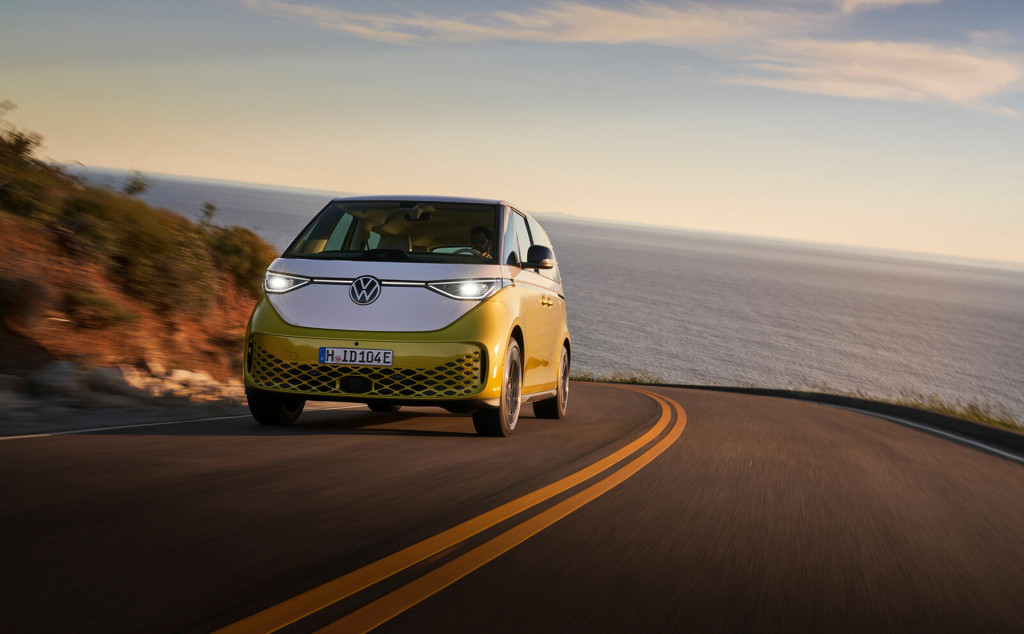
2024 Volkswagen ID.Buzz
According to Bloomberg, VW is most poised to overtake Tesla in 2024 and already leads in Europe. It anticipates that VW will overtake Tesla in EV volume in 2024 as it continues to ramp up models with the MEB platform, like the ID.4, ID.Buzz, and others.
VW is just one of several global automakers that “will challenge Tesla via an impending wave of competing models,” according to the firm, which caged the prediction by saying that profit incentives for those models “are limited amid rising battery costs and a lack of scale.”
As a whole, German automakers aren’t doing so well in their EV shift. Together, they sold just 5% EVs in Q1, globally. And Ford still needs to prove the economics of electric trucks, even if it does have a headstart with the Ford F-150 Lightning.
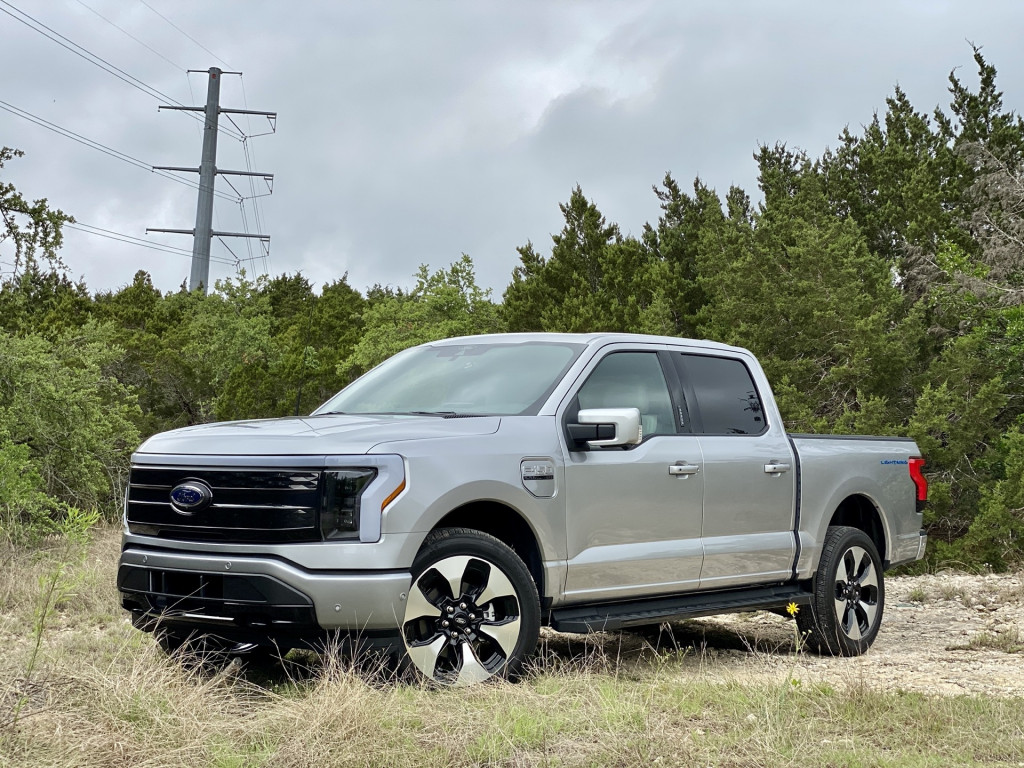
2022 Ford F-150 Lightning
That said, Bloomberg pointed to the F-150 Lightning as an important jump on the competition—as the first entry from one of the legacy automakers with a full-size battery-only pickup. “General Motors and Tesla won’t compete in the space before 2023 and Rivian’s small scale makes it unthreatening,” said senior North American industry analyst Kevin Tynan, a lead author of the report.
The firm anticipates that battery-electric vehicles would hit a quarter of China’s passenger-vehicle sales by 2025—up from 11% in 2021—and it pointed out that any perceived inferiority next to Tesla is quickly fading. BYD, Nio, XPeng, and others are closing any tech and branding gaps in China and are able to woo consumers with lower prices, luxurious cabins, and virtual-reality entertainment.
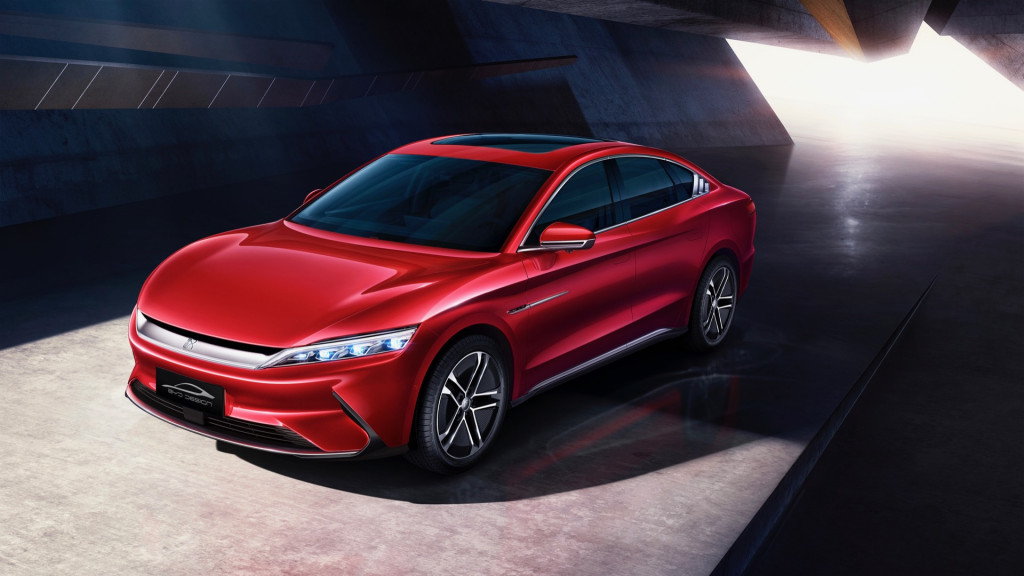
BYD Han EV
Bloomberg sees China’s BYD, globally, as the third-largest EV maker in 2022, with BYD’s electric volume pushing past 1 million units in 2024.
Tesla CEO Elon Musk recently announced a 10% reduction in salaried headcount, while hourly headcount will increase—a move that does not see the automaker bulking up on the kinds of roles that develop the new products and kinds of vehicles Tesla needs to compete on a global stage.
Ultimately, Bloomberg observes, Tesla’s continued operating success depends on its factories in Germany and Texas, and even with that, its targeted annual volume growth of 50% will be increasingly hard to achieve.

